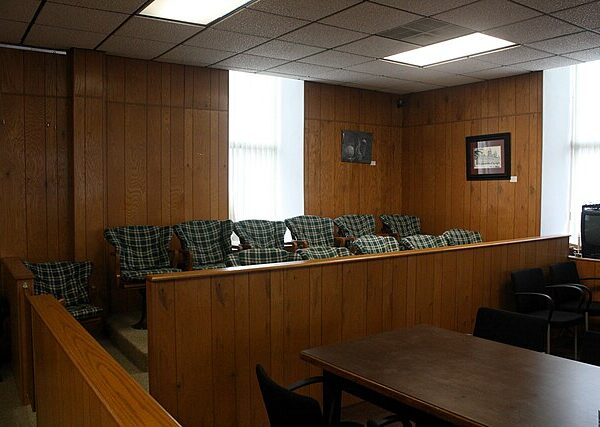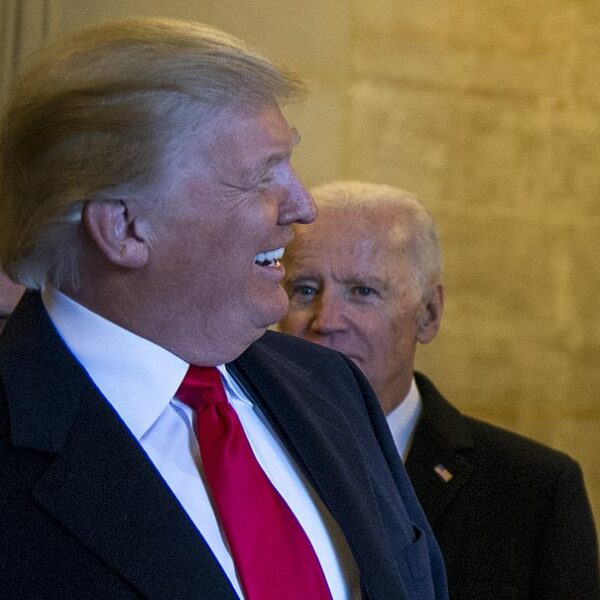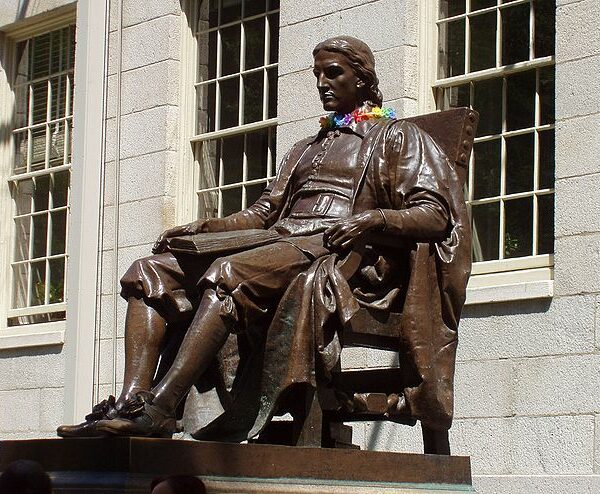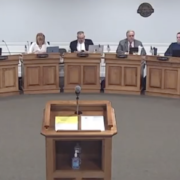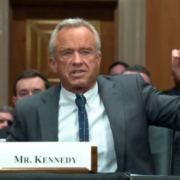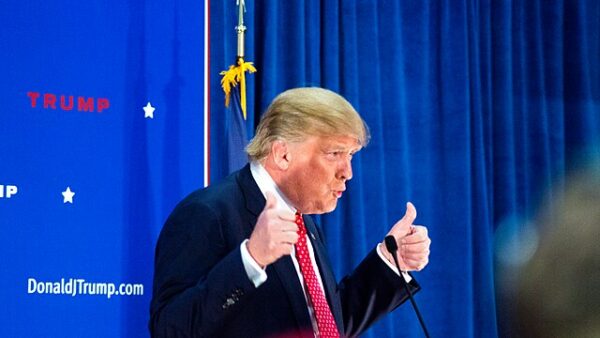
In a terse and unsigned order issued Monday, the U.S. Supreme Court sided with the Trump administration’s bid to terminate Temporary Protected Status (TPS) for approximately 350,000 Venezuelans—reversing a lower court injunction and signaling a sharp escalation in the administration’s efforts to dismantle longstanding immigration protections. The ruling, delivered without detailed reasoning, permits Homeland Security Secretary Kristi Noem to proceed with revoking TPS for Venezuelan nationals, despite ongoing legal challenges and growing humanitarian concern.
The decision overturned an earlier injunction from U.S. District Judge Edward Chen, wrote NBC News, who found the administration’s action likely violated federal law and relied on “discredited, harmful stereotypes” about Venezuelan migrants. That injunction had frozen efforts to rescind TPS protections while litigation advanced. With the Supreme Court lifting the stay, Noem—appointed by President Trump during his second term—has a freer hand to begin winding down deportation protections for tens of thousands of Venezuelan residents who have lived and worked legally in the United States.
Justice Ketanji Brown Jackson, of course, was the lone public dissenter, believing that Biden was allowed to wave a magic wand as president, but Trump was powerless to change that power while residing in the White House.
Congress established TPS in 1990 to shield individuals from countries afflicted by armed conflict, environmental disaster, or other extraordinary conditions. Venezuela received TPS designation in 2021 amid a devastating economic and political collapse under the Maduro regime—an implosion that has sparked one of the largest mass displacements in the Western Hemisphere, with over 7.7 million Venezuelans fleeing since 2013. The Biden administration extended TPS protections through October 2026, but Noem’s Department of Homeland Security moved to curtail that extension this year, triggering a new wave of litigation from TPS holders and immigrant advocacy groups.
“This is the largest single action stripping any group of non-citizens of immigration status in modern U.S. history,” said Ahilan Arulanantham, a liberal law professor. “
“The setback in the Supreme Court today will not deter us. The Trump Administration will not stop us,” said Jose Palma, coordinator of the National TPS Alliance. “On the contrary, we will never abandon our basic rights and we will never be frightened into silence. The United States made a commitment to our protection, and we will hold this Administration to it. We will continue to make our case in court and in the court of public opinion. Like all previous generations of immigrants to this country, we will defend our families and demand equal protection under the law.”
Although the Supreme Court’s order does not immediately revoke work authorizations or greenlight mass deportations, it clears a major procedural hurdle for the administration. Trump officials argue that individuals whose TPS protections are terminated can pursue other legal pathways to remain in the U.S., though advocates counter that such alternatives are limited and often inaccessible. A follow-up hearing before Judge Chen is scheduled for next week.
The Supreme Court’s stance has not been uniformly deferential to Trump’s deportation agenda. Just last week, the justices rejected the administration’s attempt to remove Venezuelans with alleged gang affiliations under the Alien Enemies Act—a wartime statute—citing failures in due process.
The situation in Venezuela remains dire. Inflation hovers near 172%, and the Maduro government continues to detain political opponents and suppress dissent. The U.S. State Department warns against all travel to the country, citing widespread crime, arbitrary detentions, and political violence.
That violence has flowed into the United States. According to Homeland Security, the malicious Venezuelan prison gang Tren de Aragua has expanded its territory to at least 16 US states. The New York Post reported that the gang already “has footholds in California, Colorado, Florida, Georgia, Illinois, Louisiana, Nevada, New Jersey, New York, North Carolina, Tennessee, Texas and Wisconsin.”
[Read More: Mike Pence Attacks Trump Again]


